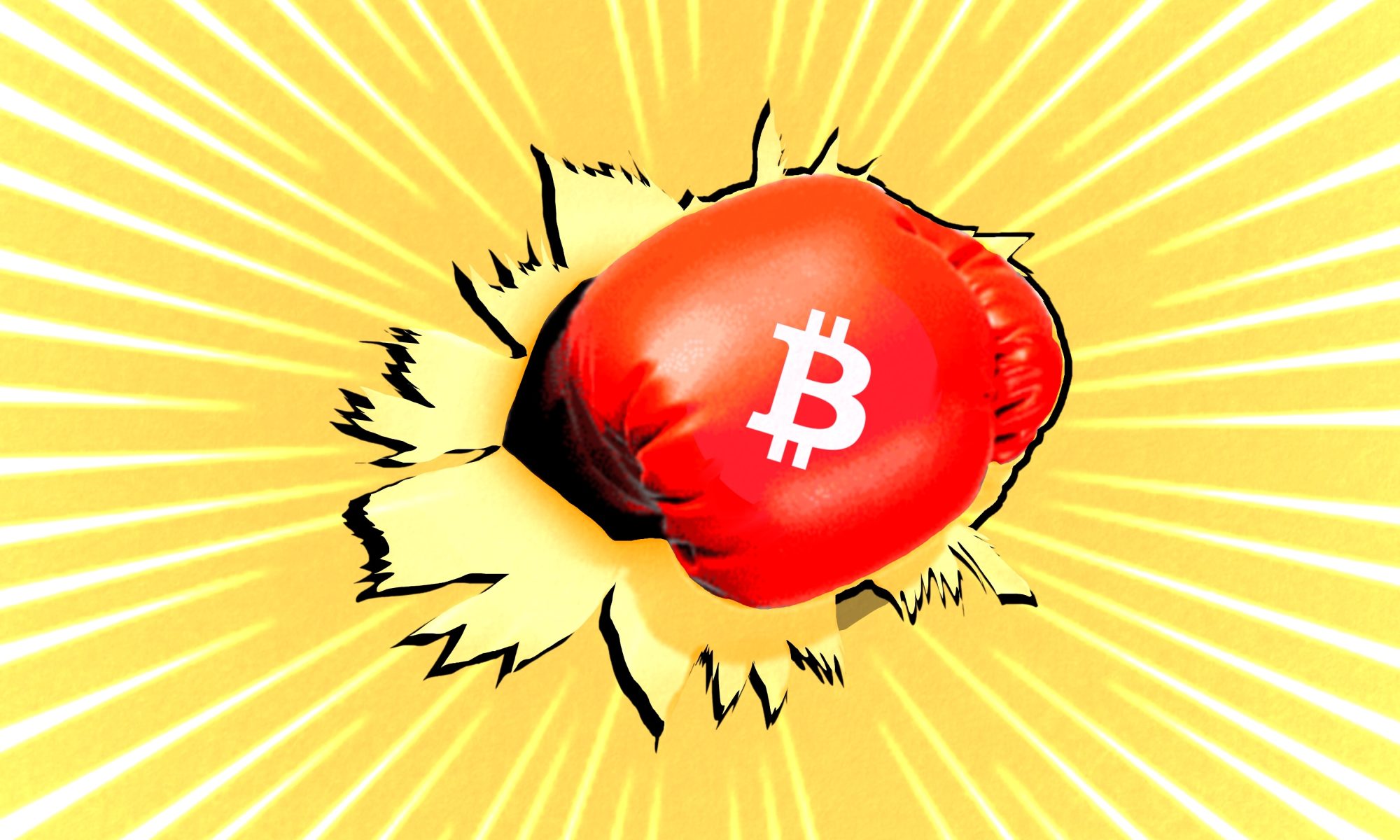Our month-long series looking back at 10 years of CoinDesk features a lot of failures. But, in most cases, what seemed like disasters at the time have actually allowed the industry to grow, says CoinDesk’s Chief Content Officer Michael Casey.
The Most Intense Consensus Ever Seeks Everyone’s Voice
This year’s CoinDesk Consensus event, which will bring key policy and technical debates to the forefront, is especially important. While the withdrawal of a handful of previously agreed-upon speaking assignments undermines full representation on both sides of the issues, non-U.S. jurisdiction involvement will make 2023’s Consensus one to remember.
Web2’s Lesson for AI: Decentralize to Protect Humanity
In order to prevent the potentially destructive impact of AI on humanity, we need open-source innovation and collective governance that is possible through blockchain protocols and Web3, rather than the monopoly defaulting structure of Web2, according to Michael Casey, CoinDesk’s chief content officer.
Thanks Sam! How FTX Led to World’s Worst Crypto Policy
Washington’s “war in crypto” continues to occupy minds in the crypto industry. This week, CoinDesk Chief Content Officer Michael Casey tackles the apparent rise in hostility from U.S. regulators from a different angle: revenge.
The Biden Administration Is Politicizing Crypto
With crypto exchange Coinbase (COIN) last week receiving a Wells Notice signaling impending action from the SEC, and with the CFTC this week suing Binance, another crypto exchange, it feels like the crypto industry is at war with the U.S. government. This could get bad.
Bank Consolidation Threatens Freedom, Makes Case for Bitcoin
The biggest threat from the banking crisis triggered by this month’s collapse of Silicon Valley Bank might not lie in the potential for depositors to lose their savings but in the censorship power that massive banks are now accumulating as customers move their money.
This Crisis Will Define the Future of Money
The recent collapse of three high-profile banks – Silicon Valley Bank, Silvergate Bank and Signature Bank – has caused worrying outflows at hundreds of regional banks. Now, with the U.S. Federal Reserve creating a new backstop facility reportedly worth $2 trillion and Switzerland’s central bank bailing out Credit Suisse to the tune of $54 billion, the echoes of prior crisis in 2008 and 2013 are loud.
How US Judges Might Save Crypto from the SEC
Separation-of-powers offers hope to the crypto industry, which is under attack from unchecked executive power. Two separate courtrooms in which judges, guided by an impartial legal framework, eschewed that popularist mode of judgment and instead considered the SEC’s claims against the facts and counter-arguments presented to them.
Has Tokenization’s Moment Finally Come?
Tokenization of real-world assets has been dismissed by many crypto purists for operating under a centralized framework, but new technological advances have migrated the process from closed, permissioned projects onto public, permissionless blockchain platforms. This could offset traditional finance risks and broaden investment opportunities.
Crypto Lobbying Needs a Reset: More FTC, less SEC
Of all the Securities and Exchange Commission’s actions against crypto entities that have stirred the industry’s ire, the agency’s recent move forcing New York-based Paxos to cease issuing its partner Binance’s BUSD stablecoin is the most deserving of an outcry. How, critics rightfully asked, can a token that’s explicitly designed not to fluctuate in price be considered a security?
CoinDesk’s Major Award Is a Huge Moment for Us and Crypto Media Generally
The news that Ian Allison and Tracy Wang are joint recipients of a Polk Award, one of the most prestigious in journalism, for three November scoops that led to the unraveling of FTX’s empire is a source of immense pride for all of us at CoinDesk.
Bitcoin Ordinals Can Lift the Entire Crypto Ecosystem
The arrival of the Ordinals Protocol, which allows for the creation of Bitcoin NFTs, has coincided with a big jump in the price of bitcoin. Add that to the SEC’s exemption of Bitcoin from the label of security, and we see a bullish bitcoin picture emerging.
Regulating Crypto by Enforcement and Stealth Will Set the US Back
Moves to outlaw staking and stop banks from servicing crypto companies will harm the industry and send it overseas, says CoinDesk’s chief content officer Michael Casey.
Fed Policy Win Could Harm Bitcoin’s Wall Street Narrative
The January rebound in equities and knockout employment report may have undermined a few buy-bitcoin narratives, but the real value proposition behind bitcoin lies far beyond Wall Street in emerging markets, where bitcoin is in strong demand.
Tech’s Money Woes: Beginning of the End for Web2?
Gloomy forecasts, mass layoffs and antitrust lawsuits have bruised “Big Tech” over the past year. But that doesn’t automatically portend the end of Web2. For Web3 to emerge, we have to address key questions about AI and decentralization.
Bad Vibes from the Word ‘Crypto’ Have Some Calling for a Rebrand
Money-making associations with cryptocurrencies misrepresent them as just currencies and fail to acknowledge the diverse applications of the technology.
Worldwide Grassroots Projects Can Lead Crypto Recovery
Crypto is not hurting lower income and marginalized communities, but instead providing them with new tools – through innovative governance models and tokenomics – to regain control from historically oppressive financial systems.
5 Lessons from 2022 that Changed Crypto Forever
Yes, this is that classic newsroom fallback for staff-depleted holiday periods: the year-in-review listicle. But whereas in other years that might seem a little dull, a cop-out even, this one is different. This time we’re talking about 2022, the year that changed crypto forever.
The End of Crypto Twitter as We Know It?
An impending departure of millions of users from Twitter could threaten the platform’s diversity of viewpoints and force crypto enthusiasts to fully adopt decentralized Web3 social media.
FTX and Crypto Bust Show Capitalism’s Limits
Investors have been led astray by misleading signals from the market. It enticed them to go “all in” on centralized exchanges rather than focusing on real-world use cases for tokenized value exchange.











